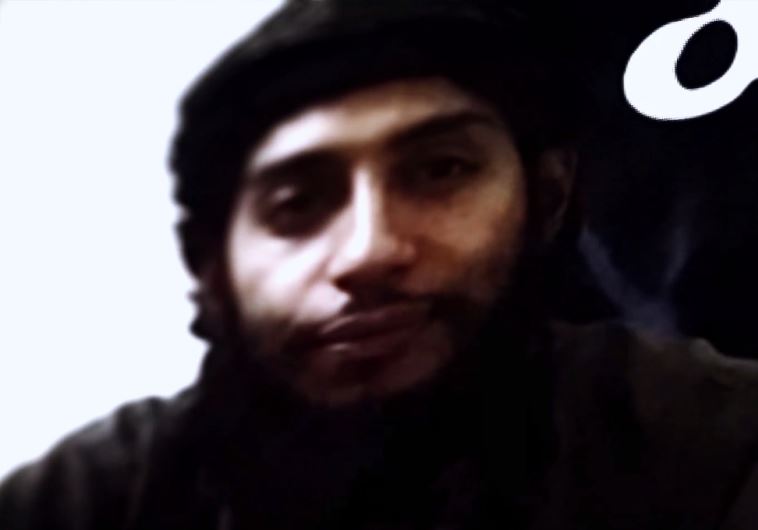Google tightens measures to remove extremist content on YouTube
Israeli ministers -- along with Germany, France, and the UK -- have long called for increased efforts against online extremism.
 New ISIS video threatens Israel(photo credit: screenshot)ByREUTERS, JPOST.COM STAFF
New ISIS video threatens Israel(photo credit: screenshot)ByREUTERS, JPOST.COM STAFF